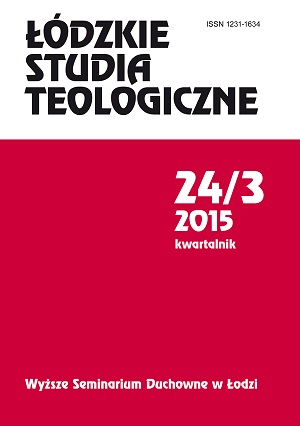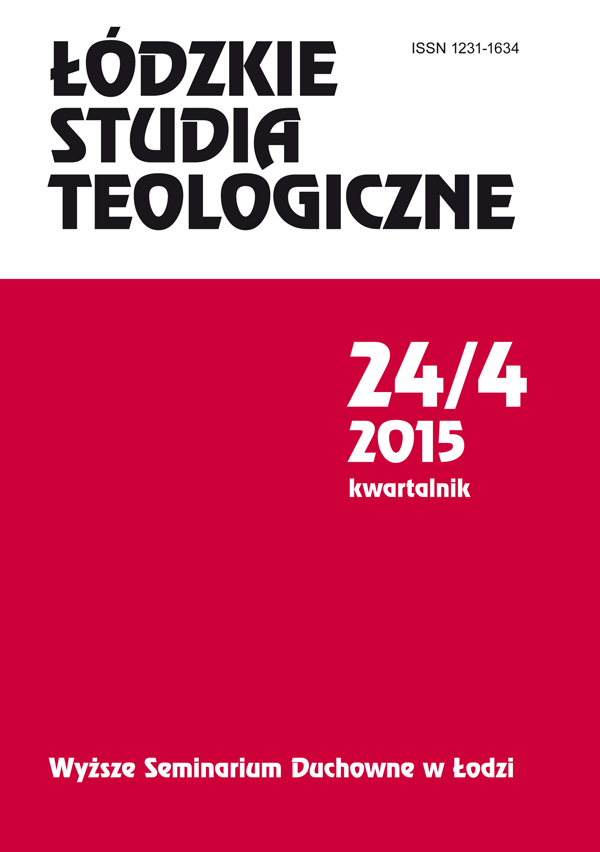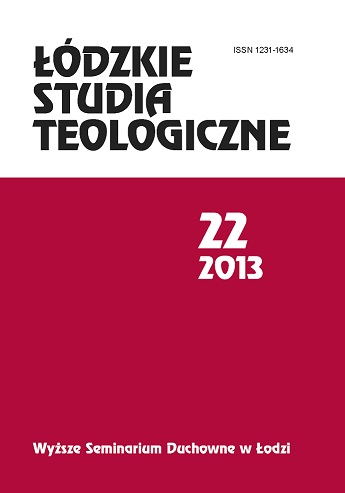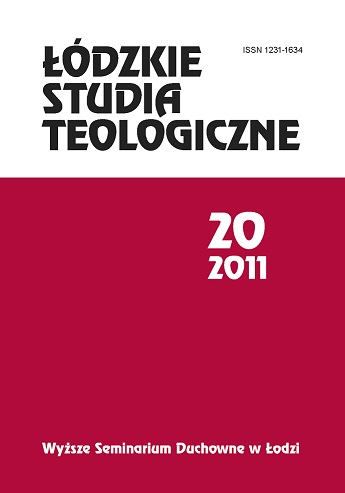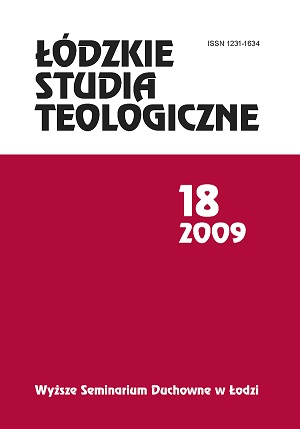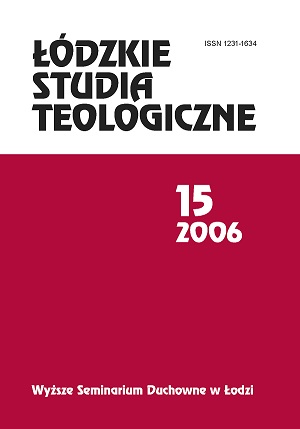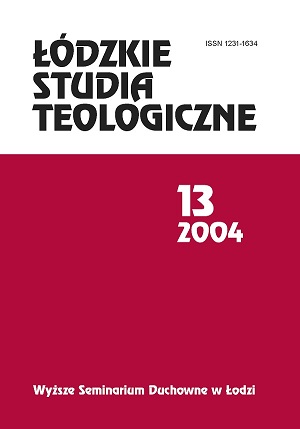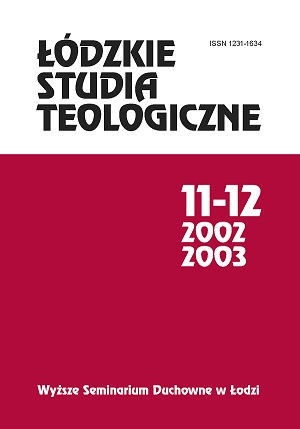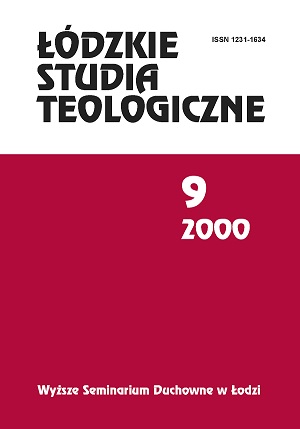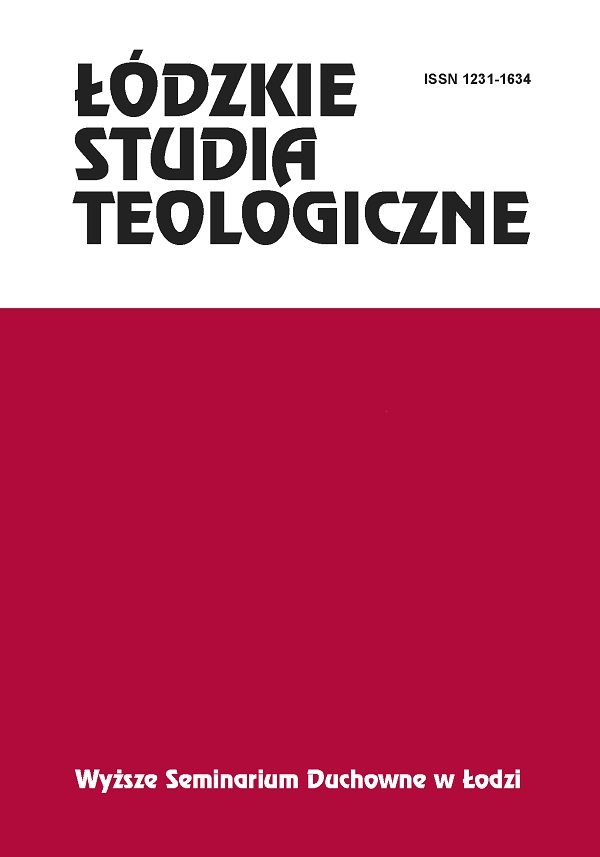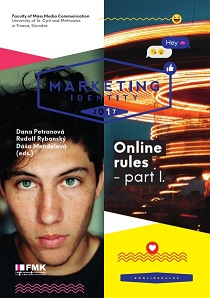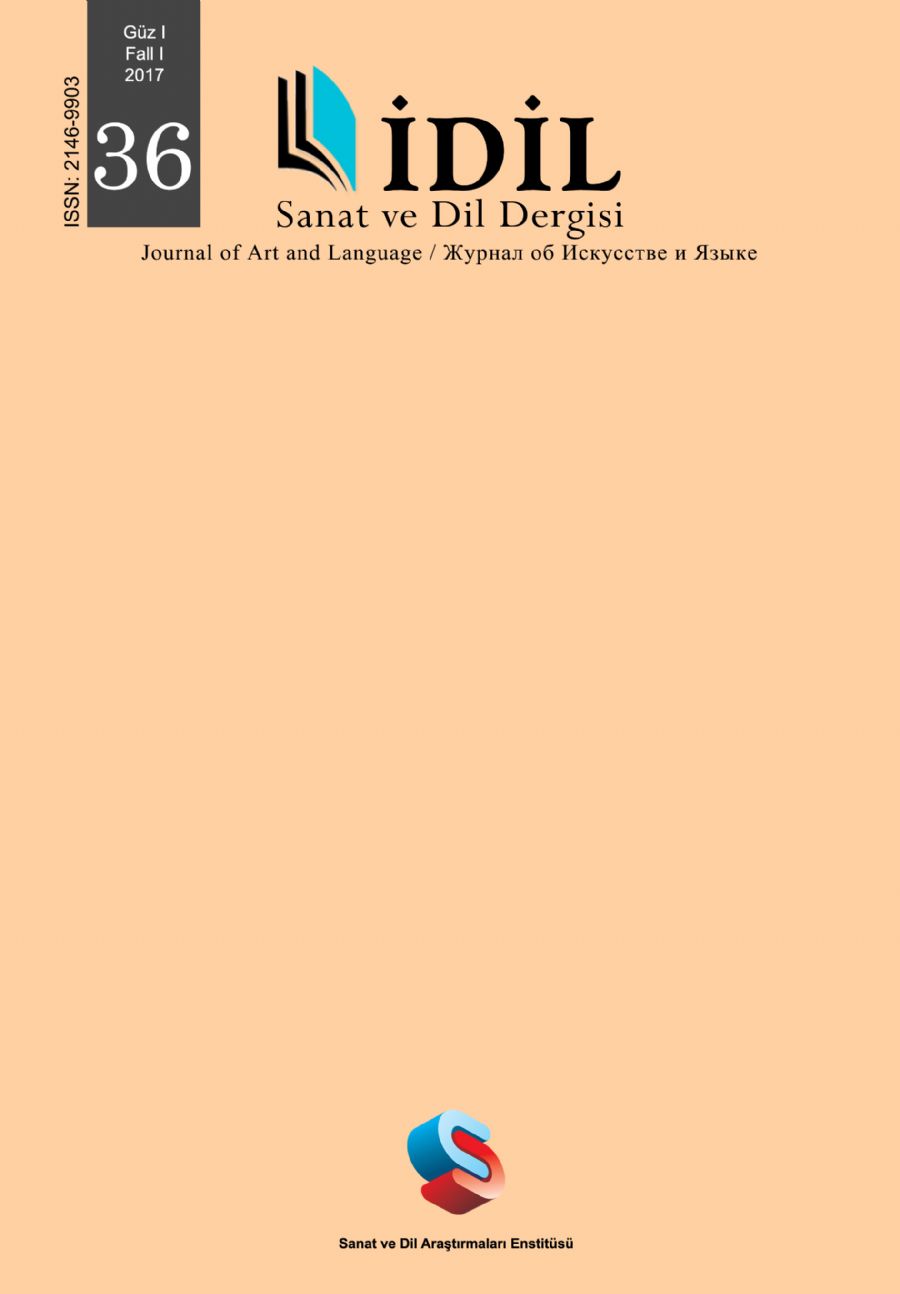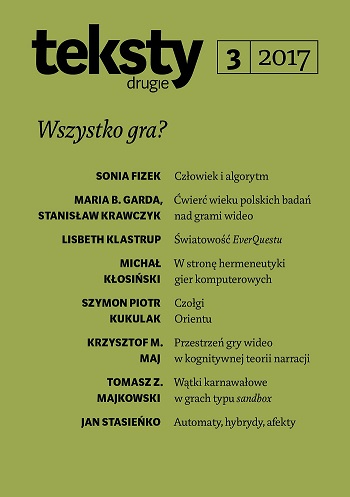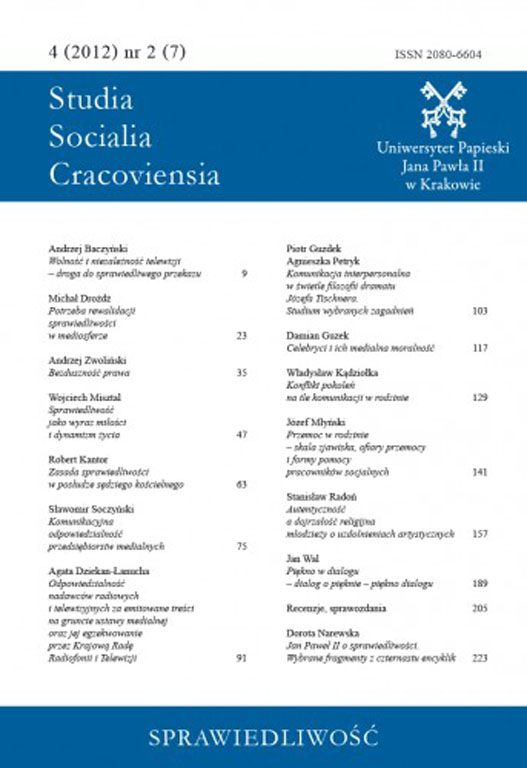
Autentyczność a dojrzałość religijna młodzieży o uzdolnieniach artystycznych
The theoretical and empirical approaches showing that authenticity are the crucial concept of existentialism, postmodernism and humanistic psychology (be free, autonomic, unique, self-defining, self-creating and integrated, transcend enculturation, invent our own patterns, rise above circumstances, gather the past, present and future into the wholeness of our resolute selves, create our own meanings and goals). This article discuses especially the role of authenticity on religious maturity (Allport’s intrinsic orientation, Batson’s quest and Sandage’s dwelling and seeking). In this paper projection method were used to examine the functioning authenticity among artistically gifted young people and its role on religious maturity. Ss (N=296 aged 15–20 yrs) had to : 1) I’m sadly …, 2) I treasure, I like …, 3) Rational analysis…. The results of qualitative analysis revealed that the authenticity have two aspects: 1) autonomy (the freedom and loneliness, spontaneity, sensuality and creativity, 2) empathy (kindness, sensibility, emotional self-reflection, the acceptance of the imperfection,love and friendship). The findings confirmed validity of the authenticity on religious maturity as well as usefulness of considerations based on new theoretical suggestions in psychology (developmental framework of new concepts of the authenticity and religious maturity). Implications are considered for future research on dialectical understandings of religious maturity (a Wuthnow, Sandage, Shults dialectical model of spiritual development based on dwelling and seeking offers an interesting theoretical base for research)
More...
